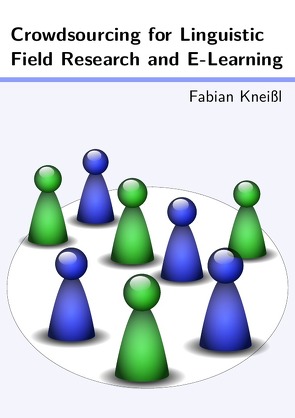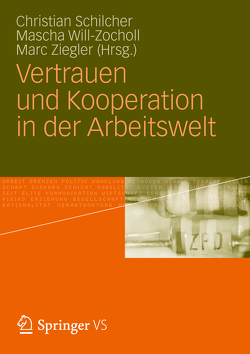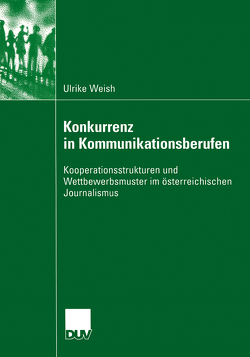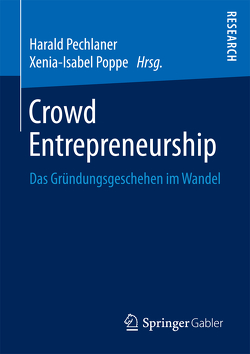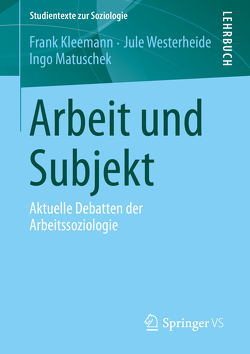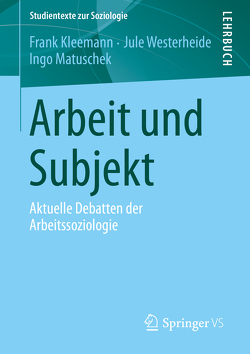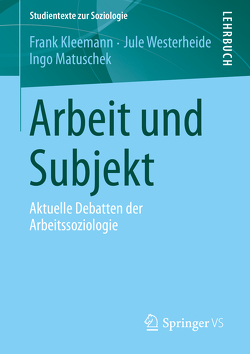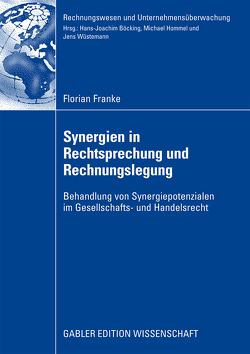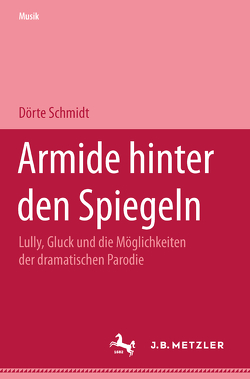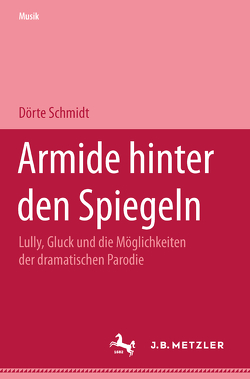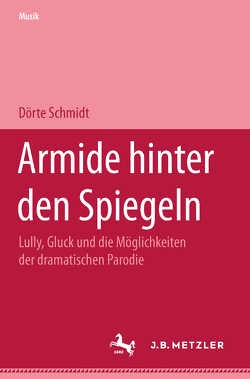Crowdsourcing for Linguistic Field Research and E-Learning
Fabian Kneißl
Crowdsourcing denotes the transfer of work commonly carried out by single humans to a large group of people. Nowadays, crowdsourcing is employed for many purposes, like people contributing their knowledge to Wikipedia, researchers predicting diseases from data on Twitter, or players solving protein folding problems in games. Still, there are areas for which the application of crowdsourcing has not yet been investigated thoroughly. This thesis examines crowdsourcing for two such areas: for empirical research in sciences oriented on humans -focusing on linguistic field research- and for e-learning.
The main contributions of this thesis are (1) a literature review
over collective intelligence, crowdsourcing, and related fields,
(2) a model of a generic market for gathering data for
empirical research efficiently, (3) two applications based on this
model and results of an evaluation of the data gathered with
them, (4) the game-like e-learning tool Termina together with
insights from its evaluation, and (5) a generic software
architecture for all aforementioned applications.
